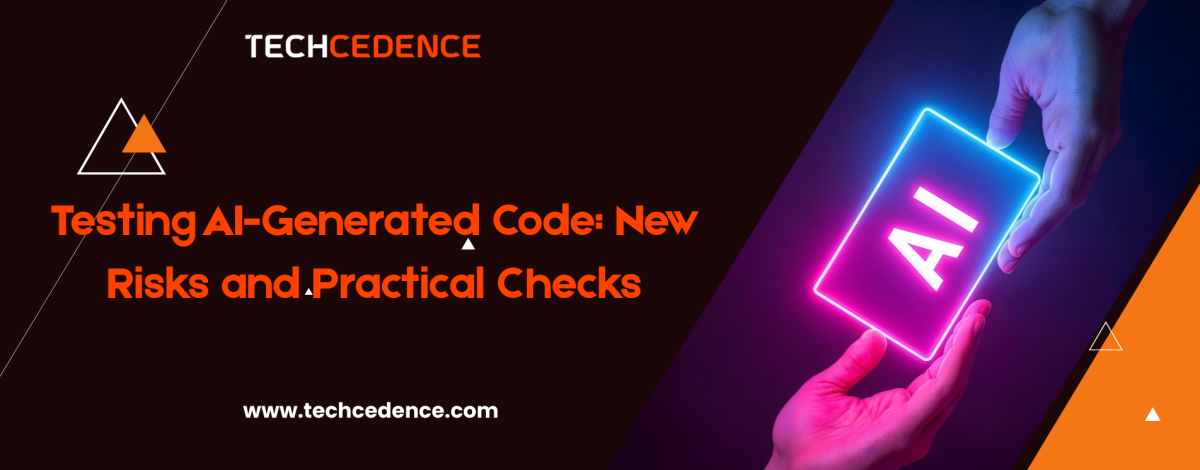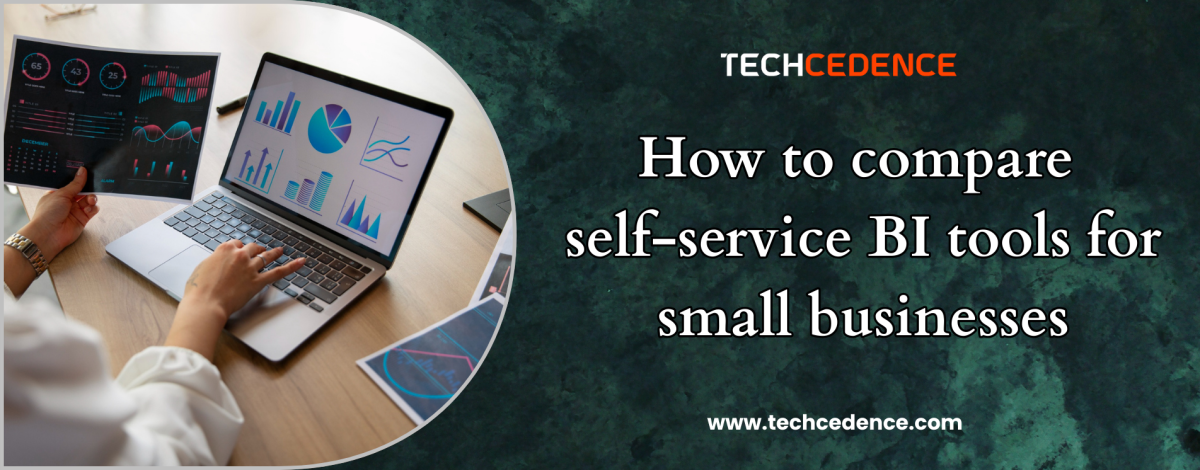Many small and mid-sized enterprises have thought for years that advanced inventory systems weren’t possible, due to their cost, complexity, and the need for a significant IT team. Because of this, many SMBs have continued relying on desktop spreadsheet applications and simple programs that limit both their ability to monitor inventory and their ability to grow.
Today, cloud-based, modular, easy-to-deploy solutions exist that give SMBs access to cloud-based inventory platforms with all of the features they need, including real-time stock status, automated replenishment alerts, inventory reporting, and dashboards to provide them with performance and operational metrics without undertaking any major IT projects.
Why Traditional Inventory Systems Feel Out of Reach
Large enterprises frequently relied on advanced inventory systems before the advent of cloud-based solutions that eliminated on-premises servers and reduced customizations. As a consequence of these limitations, small and medium-sized businesses (SMBs) typically did not have the budget or personnel to implement these systems.
In addition to the high initial costs of purchasing advanced inventory software, SMB attempting to upgrade their inventory process had no way of knowing precisely how much they would spend maintaining these systems. This hesitation to upgrade their inventory process would continue even when faced with clear operational inefficiencies until they could find a suitable solution that required no upfront cost, maintenance expense, or integration of additional software.
What Has Changed in 2026
Over time, inventory technology has changed rapidly. The introduction of cloud-based systems and platforms has reduced the reliance on heavy infrastructure to support inventory management systems at small and mid-sized companies (SMBs). This allows SMBs to deploy their inventory management systems without having to install new servers or manage complex hardware. As a result, installation time is now much shorter, and updates are done automatically and without interrupting day-to-day operations.
In addition, new flexible subscription-based pricing models are reducing the financial burden that prevents many SMBs from implementing an inventory management system. Rather than having to make a significant upfront investment, SMBs can now choose from a variety of subscription-based pricing options that are scalable to their size and stage of growth. In addition, all modern inventory management platforms include application programming interfaces (APIs), making it easy for SMBs to integrate their inventory management system with their accounting software, e-commerce platforms, and enterprise resource planning systems.
Key Features SMBs Can Adopt Immediately
Small and medium-sized businesses (SMBs) don’t need to implement all advanced features at once. Many modern inventory management systems offer functions that can be quickly adopted and expanded gradually.
Real-Time Stock Visibility
Businesses can track inventory across multiple locations without investing in complex infrastructure. Cloud dashboards provide instant updates, reducing reliance on manual stock checks, and improving accuracy.
Automated Reorder Alerts
Rule-based replenishment technologies notify companies of stock levels when they fall below a prescribed level. This basic automated process helps to eliminate the possibility of stockouts without having to create an advanced forecasting model.
Barcode and RFID Support
SMB’s can use basic barcode systems over time to improve their accuracy in tracking. Initially, they can start with their most important products or with their greatest value products before expanding their utilization of these technologies.
Basic Forecasting and Sales Insights
Using historical sales data, SMB’s can identify trends and make informed decisions regarding future business purchases based on historical trends. Even the most basic trend analysis will greatly enhance the ability of an SMB to effectively plan its levels of stock without needing a dedicated group of analytics personnel.
Starting with the use of the most efficient inventory operational features, it will help to modernize the inventory operations of an SMB without overwhelming its staff members.
Integration Without Disruption
The principal concern for small businesses (SMBs) transitioning to a new inventory management program is that their current workflow practices may be disrupted. Contemporary systems integrate easily with leading tools, allowing SMBs to not have to completely scrap their prior systems.
By utilizing API integrations, data is continuously transferred between these platforms with little to no manual data entry, as well as reducing any errors associated with that type of transfer of information. Companies need not convert everything at one time but rather can take a phased approach to using the new inventory tools over time by syncing essential data to keep their operations running without any interruptions.
Role of a Practical Inventory Partner
To successfully implement their strategy, SMBs should have structured guidance in addition to all their modern technology. Partnering with an organization that can understand their operations and configure their technology accordingly is essential for SMBs. The intent of these solutions should be to avoid introducing additional technological complexity into an SMB’s operations and aligning technology features to the actual needs of the business.
TracInv provides a solution that promotes a practical approach for SMBs by providing configurable modules with scalable capabilities. This allows SMBs to implement advanced inventory solutions without having to commit to a large IT project. TracInv focuses on usability, phased implementation, and integration of its technology to allow communication between users to develop a structured inventory system that can expand over time with the needs of the business.
Utilizing the right partners to help implement technology will enable the organization to use technology to grow its business rather than being an impediment to growth.
Business Impact for SMBs
Implementing advanced inventory tools provides small and mid-sized companies with significant, quantifiable advantages. By having the ability to see inventory levels in real time, a company can have better cash flow management because it can eliminate surplus inventory and stop tying up capital in products that are not selling well. At the same time, an automated alert system reduces the risk of being out of stock and ensures that there will always be enough product to fulfill customer demand.
Employing organized data about inventory improves business owners’ capacity to make informed choices. By gaining better insights into sales volume, product performance, seasonal patterns, and purchasing habits, business owners acquire the understanding necessary to run their operations more efficiently. Consequently, they can plan with increased assurance, negotiate better with suppliers, and swiftly respond to shifts in the market.
Most importantly, a modern inventory management system is the foundation of continued organizational growth. As a business grows, the inventory management system will grow with it and be able to support additional locations, products, and channels without the need for an entirely new inventory management system.
Conclusion
Large companies are not the only ones benefiting from advanced inventory management. Today, SMBs have access to modern, cloud-based technology that makes it easy to implement a robust inventory control system without having to invest in a major IT project or large-scale infrastructure. Furthermore, with a variety of modular options available, as well as flexible pricing and easier integration processes, it has become practical and cost-effective to achieve structured control of your inventory.
By following a phased approach and focusing on the implementation of high-impact capabilities, SMBs can manage risk while improving visibility, operational efficiency, and cash flow. When you have an experienced partner and scalable solutions in place, advanced inventory management will represent a competitive advantage rather than just a technological hurdle.









